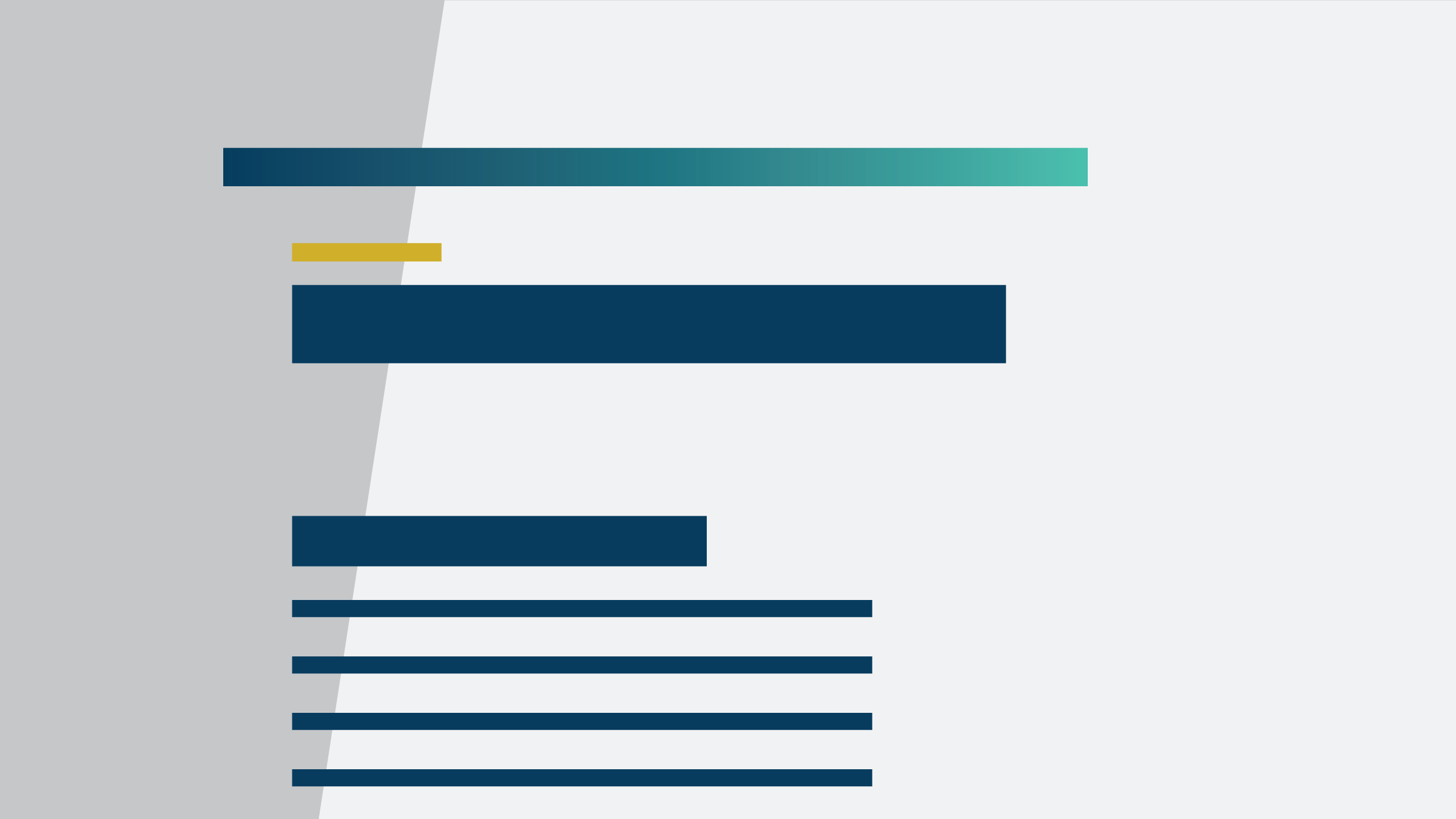If you want to work full-time, stay in school. That’s one message from Current Population Survey job data.
CPS figures show that the rate of part-time work for those with a bachelor’s degree is significantly lower than for those with a high school diploma or even some college (see Chart 1). Of course, not everyone works part-time because full-time jobs are not available, including among those with less education. But those with more education are working part-time less often for economic reasons—what the CPS considers “involuntary” part-time (see Chart 2).

But during and shortly after the recession, the rate of involuntary part-time work rose notably for all three groups. In fact, the growth rate was highest among those with a bachelor’s degree, for whom involuntary part-time work more than doubled between March 2008 and March 2010. Rates for all three have fallen steadily since then, but remain elevated. The rate for those with some college education is the closest of the three to prerecession levels.
This is the last of four looks at part-time job trends in Ninth District states. For previous posts, see here, here and here. For an in-depth look at Ninth District job growth since the recession, watch for the upcoming July issue of the fedgazette.
Ron Wirtz is a Minneapolis Fed regional outreach director. Ron tracks current business conditions, with a focus on employment and wages, construction, real estate, consumer spending, and tourism. In this role, he networks with businesses in the Bank’s six-state region and gives frequent speeches on economic conditions. Follow him on Twitter @RonWirtz.





